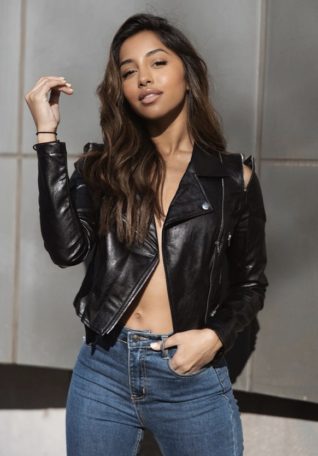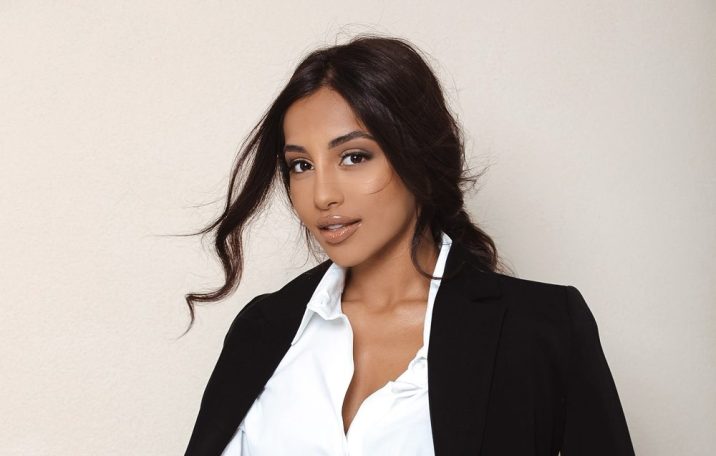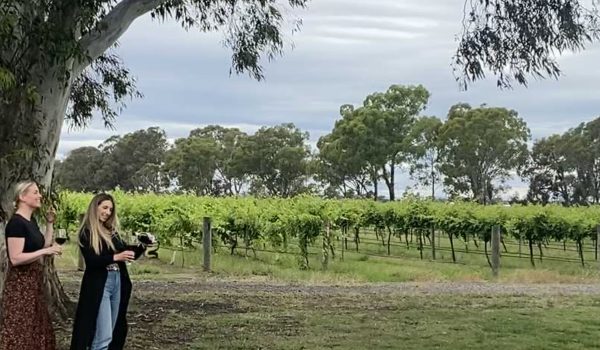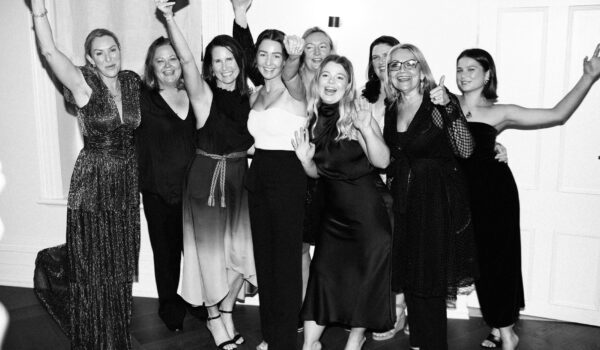Racism in 2021 is alive and well and in institutions that play a part in running the world, as the Oprah Winfrey interview with Prince Harry and Meghan Markle clearly highlighted. Miss Universe Australia 2020 Maria Thattil, tells of her experience and offers advice to Meghan Markle, Duchess of Sussex.

Like millions of people around the world, who watched Oprah Winfrey’s interview with Meghan Markle and Prince Harry, I was most disturbed to hear a palace official had made comments about their son Archie’s skin tone.
As someone of Indian heritage, who fervently believes in the importance of representation, having powers from inside the palace question such a thing is the antithesis of what we need in order to progress. It’s a socially regressive “concern” to have and I cannot believe that in racism in 2021 still needs to be addressed.
I’m unsurprised though, because to this day, we don’t have equal representation of people of colour in leadership and it’s been a slow burn achieving it. The allegation that Archie, as a human being, could be denied his birthrights based on the colour of his skin, reflects just how strong and resistant these systemic ideologies are and how pervasive they are today, manifesting in a desire to keep the faces of power and the people ‘white’.
I loved Meghan’s candid message of the importance of representation, and personally connected to her story growing up as a little girl of colour. As Meghan articulated, you need to see people who look like you in important positions. Seeing a person of mixed-race heritage born into the palace challenges antiquated exclusive ideas about what is and isn’t possible: for love, for leadership, for humans.

Changing outdated, racist attitudes starts with education. However, educating your child about racism in 2021 and how to speak to others when someone appears to be “different” from what is perceived to be “the norm” is not simple. Kids are naturally curious; this curiosity can manifest in unintentionally insensitivity, but sometimes, intentional unkindness.
I should know. Growing up with Indian parents and going to schools where the benefits of racial diversity were not always understood or celebrated, I was subjected to my fair share of ‘brown jokes’, gaffes and racial stereotyping. I was questioned whether my dad was a “taxi driver”, quizzed on whether we “bobbed our heads when we speak” and asked “if we eat anything aside from curry”.
Beyond childhood, these racist remarks can stay with people throughout their lives.
Here’s what I think all mums, including Meghan, should be teaching their kids about racism in 2021.

Start Discussing Racism In 2021 Now
Research tells us that babies start noticing racial differences at six months of age and by four years old, they start to show signs of racial bias. We know that children are egocentric and socio-centric in early childhood – so they think that they are wonderful and that people like them are wonderful too. Rather than trying to intervene by challenging this belief, start conversations about race early and promote the idea that people from different backgrounds who look different from them are wonderful too. Teach them to look for commonalities with people of diverse backgrounds to counter implicit bias.
Teach Kids How To Choose Words And Respond Thoughtfully
Engaging in practical exercises where you and your child practices examples of how to phrase things is useful. For example, if a young child is curious about the colour of someone’s skin, you can respond in a calm, positive tone with: “People are very different and unique; some have different skin colour, some speak different languages, some have different hair … and isn’t that beautiful? The things that make us different make us special, but at the end of the day we are all human beings and the same.”
Show your child different cultural aspects
Show them racial diversity in photos, films, books and cultural events and discuss it in a positive light. If your child doesn’t go to a diverse school, enrol them in extra-curricular activities that give them the chance to experience people from different ethnic backgrounds – it’s about opening dialogue. Giving them an opportunity to develop cross-race friendships are an important factor in decreasing prejudice, and the stress and fears of rejection that occur in cross-group situations.
Open Up Discussions With Older Kids About Racism In Society
Get them comfortable with intersectional dynamics early. I think it’s important for kids to participate in conversations about how racism in 2021 manifests in society from a young age. Be forthright about oppression and bigotry early. Kids will notice patterns – talk to them about them. When I was growing up after my parents first migrated to Australia, I didn’t live in the best socio-economic area. As I went to a private school in a better area, there were assumptions made about me and misperceptions held based on my neighbourhood. If we can talk to older kids openly about everyday things like the “neighbourhood” context of racial disparities early – it makes them more sensitive.
Be A Good Role Model
Let your kid see you admit and face your own bias. Give examples of racial biases you have held and share what you have done to confront and challenge your own ideas. It’s also important to be mindful. Always be positive when talking about others when it comes to race and to show diversity in your choice of social circle, the shows you watch and what you do. Ultimately, what you say and do leaves an imprint on your child, be the change they need to see. How you talk to them about race will make all the difference. It’s how we will change our world.
As a woman committed to using her voice and platform to drive the pursuit of progress, I believe that we can unlearn racial stratification through representation, courageous conversation that recognises and challenges bias and celebrating diversity. I hope that Meghan, Harry and their kids will be shown more inclusion and kindness in the years to come.
Maria Thattil is the creator of Mind With Me – an empowerment series on Instagram and podcast which inspires women, men and young people to be confident and live their best lives. She is a Melbourne-based former human resources manager, empowerment coach, model and is the current Miss Universe Australia 2020. The international Miss Universe competition will be held in May 2021.






